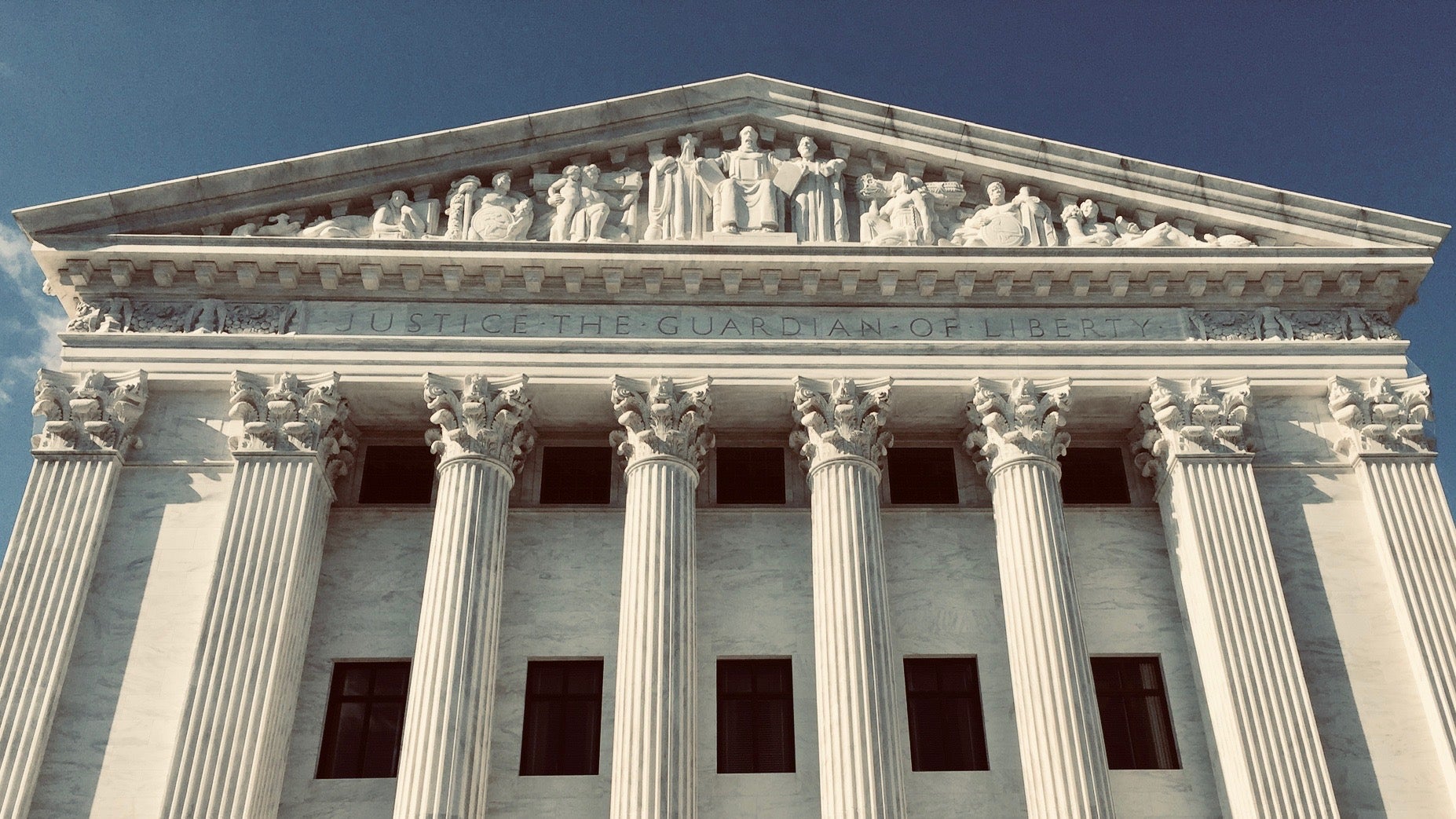The class issue embedded in a SCOTUS case about cops and traffic stops
Today (Nov. 4), the US Supreme Court hears arguments in a case about cops, traffic stops, and the Constitution. Officially, the issue before the justices is whether it is reasonable for an officer to suspect that a person driving a car is its registered owner.


Today (Nov. 4), the US Supreme Court hears arguments in a case about cops, traffic stops, and the Constitution. Officially, the issue before the justices is whether it is reasonable for an officer to suspect that a person driving a car is its registered owner.
Unofficially, however, the matter is about class. Or at least that’s what respondent Charles Glover argues in his brief.
The case arises from a traffic stop in Kansas involving Glover and a sheriff’s deputy. The officer ran a registration check for a pickup truck with Kansas plates registered to Glover and then discovered that Glover had a revoked license. Myer inferred that Glover must be the person at the pickup’s steering wheel and pulled him over for driving without a valid license.
In trial court, Glover moved to suppress the stop, arguing that it violated the Fourth Amendment, which guards against unreasonable searches and seizures. The proper standard is that an officer making an investigative stop must have a reasonable and articulable suspicion of wrongdoing. Yet, Glover said, the officer relied only on his inference here. He didn’t articulate any other facts to support the stop or any other reason to believe something was wrong.
Myer didn’t testify at the suppression hearing so he provided no insight or context. The court granted Glover’s motion to suppress the arrest.
The state then appealed and won, so Glover then turned to the Kansas Supreme Court for relief and succeeded. The Kansas high court found that an officer who relied only on the assumption that the driver of a car registered to someone with an invalid license is that person without authorization to drive stacked too many inferences, allowing cops to shirk their duty to articulate facts to justify a stop. But it noted that its holding was narrow and based on the facts in this case, which were few.
Now, the highest court in the land will decide, and the answer could impact millions.
Glover is making it a point to argue on behalf of the friends and family of the more than 7 million drivers in the US who have suspended or revoked licenses based on unpaid fees and court fines. It’s not just people who drive without licenses that are affected. A finding for Kansas is an expansion of search and seizure law that will disproportionately impact the poor and working class, the respondent says. Those who share and borrow cars but violated no laws will end up subject to unreasonable stops.
The presumption that a driver owns the car they happen to be in is itself classist, the respondent notes. After all, a Lamborghini driver is much less likely to be at the steering wheel of a borrowed or shared car than a pickup truck or station wagon driver, say. So, cops will be making stops that most affect those with the least based on an inference applicable to the rich.
The US government, in an amicus brief supporting Kansas, think Glover’s exaggerating the consequences. It counters that “the reasonable suspicion standard for a traffic stop is minimal because the degree of intrusion on liberty that attends a traffic stop is minimal. And a stop will be particularly brief in cases where the driver turns out not to be the registered owner.” Solicitor General Noel Francisco urged the justices to reverse the lower court, saying it had “ratcheted up the reasonable suspicion standard.”
Based on questions the justices ask in today’s arguments, we may get a sense of who they’re inclined to agree with—Glover or the state and federal governments. But it’ll be months before they’ll issue their decision on just how reasonable it is for a cop to make a stop based on the disputed inference.